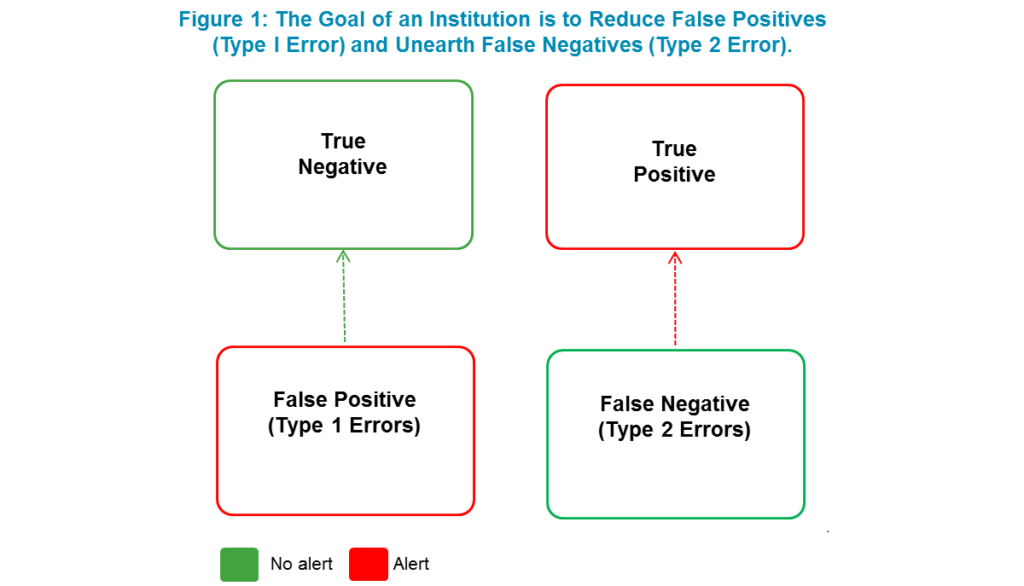Machine learning has become one of the most significant technological advancements of our time, revolutionizing the way we approach data analysis and decision-making processes. A machine learning scientist is a professional who specializes in developing complex algorithms and statistical models that enable machines to learn, adapt and improve their performance over time.
Machine learning scientists are experts in computer science, programming, and data analysis. They use their skills to design and develop intelligent systems, which can analyze vast amounts of data and make predictions based on patterns and trends. These professionals work across a variety of industries, including healthcare, finance, and manufacturing, helping organizations to streamline their operations, reduce costs, and improve their overall efficiency. In this article, we will delve deeper into the role of a machine learning scientist, exploring the skills and qualifications required for this exciting career path.
A machine learning scientist is a professional who develops algorithms and systems to make computers learn from data. They work to develop artificial intelligence systems that can recognize patterns, adjust to environments, and solve problems without explicit instructions. They use mathematics, statistics, and machine learning techniques to build predictive models and apply them to real-world problems. Machine learning scientists need a strong background in mathematics, statistics, and computer science, as well as a solid understanding of the principles of machine learning. They also need excellent analytical and problem-solving skills, as well as the ability to collaborate with other professionals.

What is a Machine Learning Scientist?
Machine learning scientists are professionals in the field of artificial intelligence who specialize in the development and application of algorithms to learn from data and create automated systems. They are responsible for designing and implementing machine learning models, as well as analyzing and evaluating the performance of machine learning algorithms. As the demand for machine learning applications continues to grow, so does the need for skilled machine learning scientists.
Educational Requirements
A machine learning scientist typically requires a minimum of a bachelor’s degree in computer science, mathematics, engineering, or a related field. Additionally, many employers prefer candidates with a master’s degree or higher in a related field. A machine learning scientist must have a fundamental understanding of computer programming, statistics, linear algebra, and calculus, as well as a strong knowledge of machine learning algorithms and techniques.
In addition to formal education, machine learning scientists must also have experience in using programming languages like Python, Java, and C++. Knowledge of deep learning frameworks such as TensorFlow and Keras is also beneficial. Experience in working with big data systems and cloud computing is also highly desirable.
Job Responsibilities
The primary responsibility of a machine learning scientist is to develop machine learning models that can be used for predictive analysis and automated decision-making. This requires the machine learning scientist to understand the data and create algorithms that can learn from the data and make predictions. The machine learning scientist must also analyze the performance of the algorithms and make adjustments to improve the accuracy of the model.
In addition to developing models, a machine learning scientist will also be responsible for designing experiments to evaluate the performance of the models. They must also be knowledgeable in data engineering, as they are responsible for gathering, preparing, and cleaning the data for analysis. Finally, the machine learning scientist must also be able to communicate their findings to other members of the team.
Frequently Asked Questions
A Machine Learning Scientist is a field of research and application of artificial intelligence techniques that enable machines to learn from data and improve from experience.
What is a Machine Learning Scientist?
A Machine Learning Scientist is an expert in the field of artificial intelligence and machine learning. They specialize in developing algorithms and models to enable machines to learn from data and improve from experience. They have a deep understanding of statistical and probabilistic modeling, as well as knowledge of computer science, mathematics, and optimization.
Machine Learning Scientists are responsible for designing and developing models and systems that can process large datasets and analyze them to identify patterns, trends, and insights. They must be able to apply their knowledge of machine learning and artificial intelligence to real-world problems. They must also be able to communicate their findings and insights to stakeholders in a meaningful way.
What skills do Machine Learning Scientists need?
Machine Learning Scientists need a wide range of skills in order to be successful. They need to have a deep understanding of mathematics, statistics, and computer science, as well as knowledge of optimization and machine learning algorithms. They also need to be able to think critically, identify patterns and trends from data, and communicate their findings.
In addition, Machine Learning Scientists must be able to work with large datasets and analyze them for insights. They must also be able to understand the context of the problem and develop models that can accurately predict outcomes. Finally, they need to be able to collaborate with other scientists and stakeholders in order to develop effective solutions.
What is the job outlook for Machine Learning Scientists?
The job outlook for Machine Learning Scientists is very positive. As demand for artificial intelligence and machine learning continues to grow, so does the demand for Machine Learning Scientists. As businesses and organizations adopt AI and ML technologies, they need experts who can develop and manage these systems.
According to the US Bureau of Labor Statistics, the demand for Machine Learning Scientists is expected to grow by 15% from 2019 to 2029, much faster than the average for all occupations. This growth is due to the increasing need for automation and the development of AI and ML technologies.
What is the salary of a Machine Learning Scientist?
The salary of a Machine Learning Scientist can vary depending on experience, location and industry. According to Glassdoor, the average salary for a Machine Learning Scientist is $116,622 per year in the United States. However, salaries can range from $90,000 to $200,000 depending on experience and industry.
Additionally, Machine Learning Scientists can earn bonuses and other forms of compensation. For example, some companies may offer stock options or other forms of incentives. As the demand for Machine Learning Scientists grows, so does the potential for higher salaries.
What type of companies hire Machine Learning Scientists?
Machine Learning Scientists are employed by a wide range of companies, from small startups to large corporations. Companies in the tech sector, such as Google, Microsoft, and Amazon, are some of the largest employers of Machine Learning Scientists. Other industries such as healthcare, finance, and manufacturing are also beginning to hire Machine Learning Scientists in order to leverage the power of AI and ML technologies.

In conclusion, a machine learning scientist is a highly valued professional in today’s world. They are experts in the field of artificial intelligence and use their knowledge of computer algorithms and statistical models to create complex systems that can learn and improve on their own. Machine learning scientists are critical in developing innovative solutions to complex problems, such as predicting customer behavior, detecting fraud, and automating tasks.
If you are considering a career in machine learning, it is important to note that this field is constantly evolving. As technology continues to advance, so do the tools and techniques used by machine learning scientists. This means that there will always be new challenges to tackle, and the opportunity to make a real impact in the world. With the right education and training, a career as a machine learning scientist can be both rewarding and fulfilling, offering the chance to work on cutting-edge projects and contribute to the advancement of technology.



